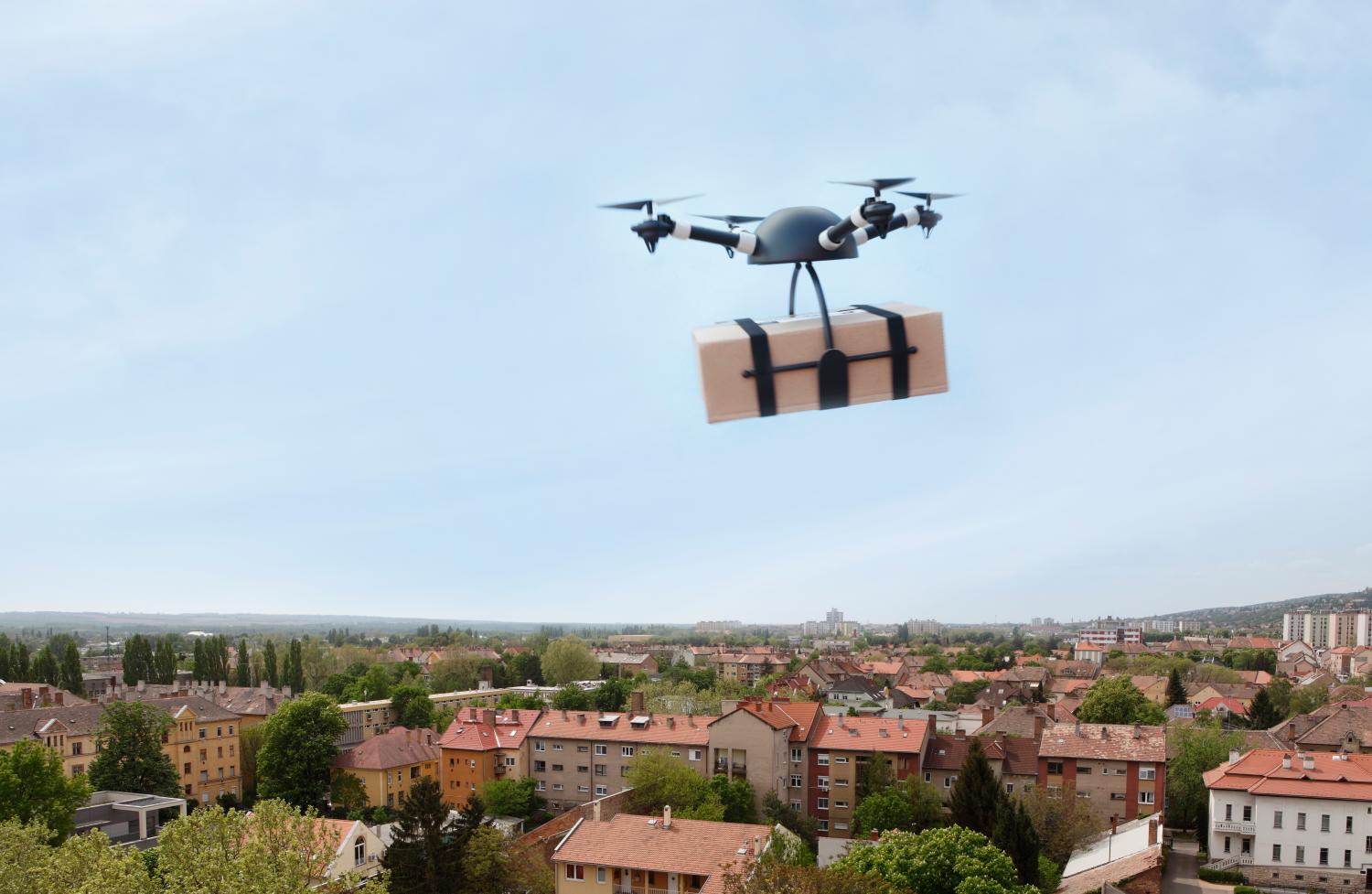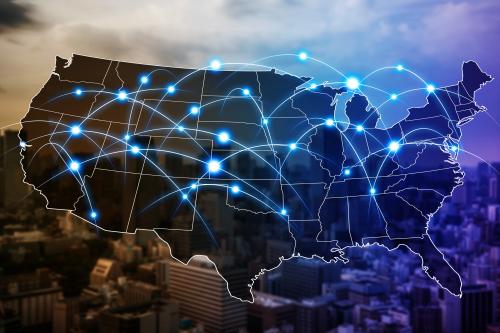David Autor and Elisabeth Reynolds ask whether the COVID-19 pandemic has changed the conventional wisdom about automation and inequality in the United States over the past four decades. They make four projections about a rapidly automating post-COVID-19 economy: increasing telework, city de-densification, large-firm consolidation, and forced automation, all of which have significant, negative consequences for low wage workers and economic inequality. On a more hopeful note, they conclude that rising inequality is not the only possible path forward, with the immense government investment of the past months suggesting the possibility of large-scale interventions to alleviate the costs of automation.

Global Economy & Development
Key themes at the IMF/World Bank Spring Meetings: Dollar dominance



